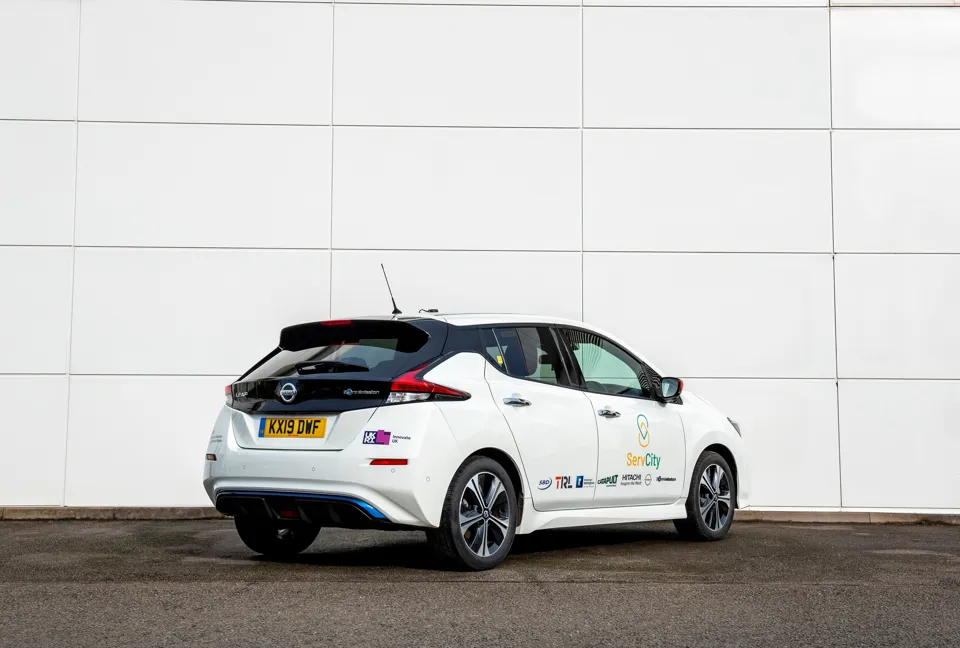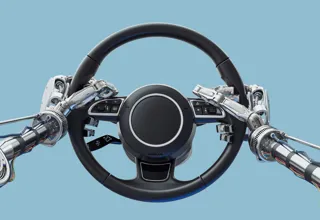Nissan is working as part of a new consortium to help develop a blueprint that will help cities across the UK introduce autonomous vehicle.
ServCity, which is made up of partners including Nissan, the Connected Places Catapult, TRL, Hitachi, SBD Automotive and the University of Nottingham, will be working over the next 30 months to help solve how cities can successfully incorporate autonomous vehicles into a complex urban environment.
The project will focus on the three key areas of technology, people and scalability.
ServCity is jointly funded by government and industry, the Government’s £100 million Intelligent Mobility fund is administered by the Centre for Connected and Autonomous Vehicles (CCAV) and delivered by the UK’s innovation agency, Innovate UK.
Business and Industry Minister Nadhim Zahawi said: “If society is to enjoy the benefits of self-driving vehicles, we need to ensure the technology can safely master a complex and lively modern city, with all its obstacles.
“This project, backed by Government funding, will not only help make autonomous vehicles more user friendly, but also give users confidence that they can respond quickly and safely and to all types of challenges they face on the roads.”
ServCity will leverage the expertise acquired through the HumanDrive project, which was completed in February this year.
HumanDrive tackled autonomous driving on country-side and motorway lanes, overcoming challenges such as roundabout and high speed country lanes with no marking, white lines, or kerbs.
Completed with a Nissan Leaf, it was finalised with Grand Drive, an autonomous drive from Cranfield to Sunderland.
Edward Mayo, ServCity programme manager from the Connect Places Catapult, said: “The Connected Places Catapult supports organisations in harnessing emerging technologies and developing new services.
“ServCity is a perfect example of how we can use this approach to deploy autonomous vehicles on a wide scale to achieve the aim of intelligent mobility and improve the movement of both people and goods.”
ServCity will use TRL’s infrastructure and monitoring facilities at its Smart Mobility Living Lab in London.
Gary Burnett, chair of Transport Human Factors, from the Human Factors Research Group at the University of Nottingham, said he will be working to generate theories, models and methods behind the user experience of autonomous vehicle occupants.
He said: “To this end, we will ensure that the design and development of the autonomous vehicle service is user-centred and truly meets consumer needs.”






















Kay - 18/10/2020 20:51
Where does this leave truck driver jobs?